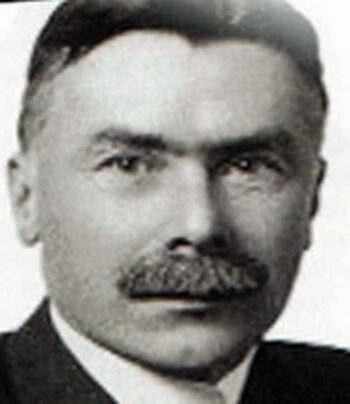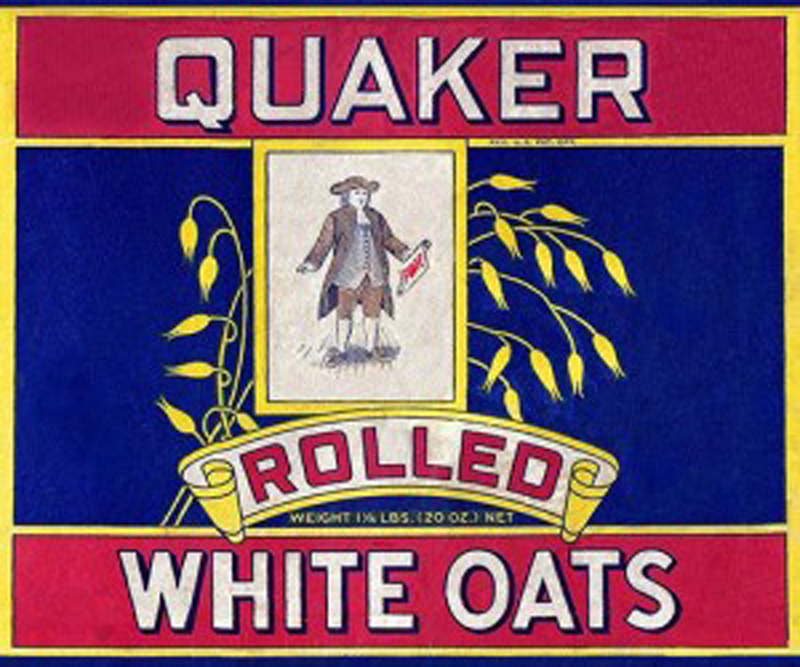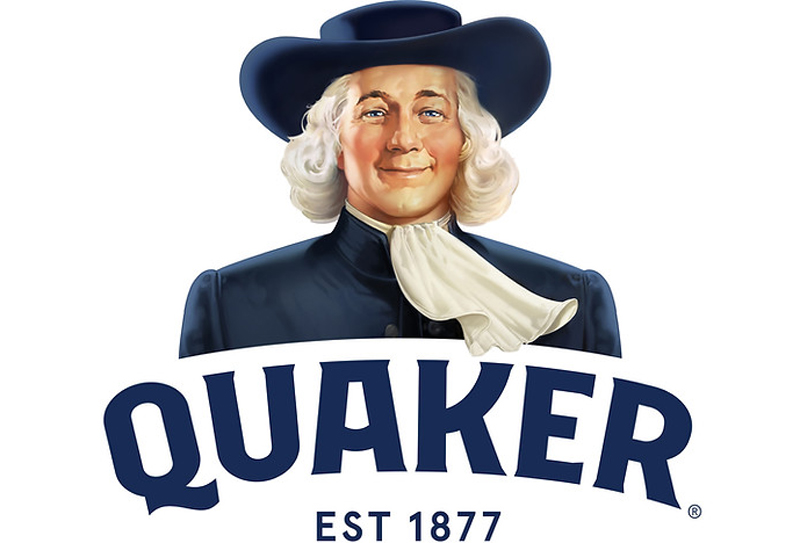By Mark Ellis —

Henry Crowell grew up in Cleveland, Ohio, the son of a successful businessman who passed away at an early age from tuberculosis.
Henry was only nine-years-old when his father died, but money had been wisely set aside to provide support for his upbringing. The day after his father’s memorial service, Henry met with the officiating pastor and prayed to receive Jesus as his Lord and Savior.
After attending a Christian prep school, Henry wanted to attend Yale, but he contracted the same disease that killed his father, TB.
As his health faltered, Henry went to hear the noted evangelist, Dwight L. Moody, and was struck by his challenging words: “The world has yet to see what God can do with and for and through and in a man who is fully and wholly consecrated to him. Will you be one of those men? Is your God worthy of such a commitment?”
Henry’s health deteriorated to the point that he was often bedridden. He began to study the Bible and was struck by the number of times the Bible mentions the number seven. Job 5:19 particularly resonated with Henry: “He shall deliver you in six troubles: yes, in seven there shall be no evil touch you.”
Henry prayed into this promise, trusting that he would find healing for his lung disease after six years. But as his condition worsened, his doctor advised him to move to a better climate.
Henry traveled west and met up with a companion. Together they rode on horseback through deserts, climbed mountains, and impressed the locals with their stamina and resolution.
Miraculously, Henry’s health was restored in seven years, and he embarked on a lifelong journey combining his deeply held faith and business. “If my life can always be lived so as to please Him in every way, I’ll be supremely happy,” he said.
At age 26, Crowell acquired the bankrupt Quaker Mill Company near Ravenna, Ohio, and renamed it simply Quaker Oats, retaining the name of the Religious Society of Friends because of their reputation for honesty and integrity.
He decided to package oats in attractive, colorful round boxes for individual sales instead of barrels in general stores. He was one of the first to advertise directly to housewives, who responded overwhelmingly, making Quaker Oats hugely successful.

“He pioneered the use of celebrity testimonials and endorsements to prove value. Henry also invented contests and prizes requiring the mailing in of a box top, did market testing and provided a heavy stream of sample products to give away at fairs, train stations, ball games and other places where crowds convened,” according to the Christian Business Daily.
“His confidence in his God, and his product, enabled him to give his product away and the returns were ‘supernatural.’”

Henry and a partner also started the Perfection Stove Company, which manufactured kerosene stoves. Standard Oil approached them because their refining process was producing an excessive amount of kerosene. Through a joint venture, Standard Oil deployed 3,000 of their salespeople to market the stove, and sales expanded exponentially.
He once said, “I had faith in God and His guiding hand, but my faith did not take the place of my going out and working hard.” Crowell’s belief in the synergy between faith and hard work became a defining characteristic of his leadership style.
He regularly attended church, taught Sunday school, and mentored young entrepreneurs, imparting his wisdom, and sharing the importance of integrating faith into every aspect of life.
Henry was a firm believer in tithing, and toward the latter part of his life, he was giving away close to 70 percent of his income. He supported many Christian ministries, including Moody Bible Institute, which credits its financial survival with his involvement and largesse.

At age 88, Crowell boarded a train to return home from his office. Sitting down in his seat, he opened his briefcase and took out his Bible. At that moment, he suffered a heart attack and passed into the arms of his Savior.
Henry’s influence lives on through the foundation he started, with the purpose of “encouraging and promoting the spread of Evangelical Christianity.
To know more about a personal relationship with God, go here



